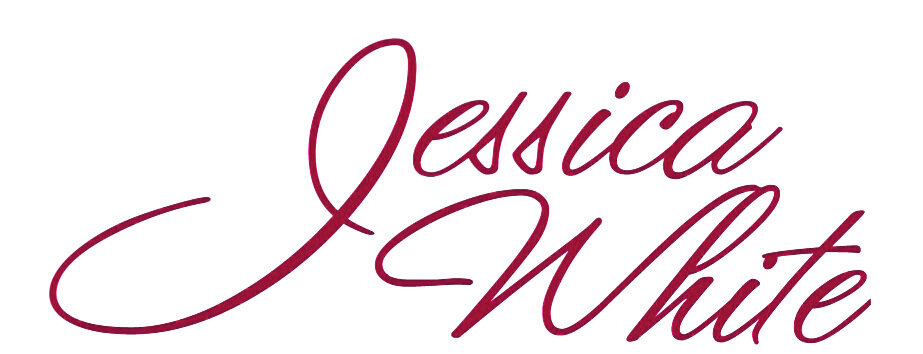Notes from the Field (ii)
This year has turned out to be such a rollercoaster that the best I could do was hold onto my hair, rather than pen any blog posts about my research. However, it’s the post-Christmas lull and, in between sleeping off an exhausting year and swimming off the excesses of the festive season, I’m catching up on my posts.
In July I headed to Canberra to present on my research at the annual Association for the Study of Australian Literature association. This was a really good conference hosted by the ADFA branch of UNSW, and fittingly the theme was ‘Capital-Empire-Print-Dissent’. Also fittingly, the first speaker (for the Barry Andrews Lecture at the National Library) was Indigenous author Melissa Lucashenko, the first keynote was American Indian scholar Chadwick Allen from the University of Washington, and the first panel consisted of three excellent Indigenous scholars: Alice te Punga Somerville, Jeanine Leane and Evelyn Araluen Corr. I also went to a masterclass held by Chadwick on Allison Hedge Coke's Blood Run, about the Blood Run earthworks site and Indigenous mathematics, which totally knocked my socks off. I also ducked off to the National Gallery of Australia to look at Fiona Hall's latest exhibition. I've always loved her work because she plays around with plants.
National Gallery of Australia.
When I returned to Brisbane I had to move house, which was stressful and exhausting, then I turned around and flew to Perth for some more research in the archives and also for a tour of the wheatbelt hosted by the literary journal Westerly. I was keen to expand my knowledge of things literary in WA in general, but what really compelled me to sign up was that our guide was Tony Hughes-d’Aeth, who has been doing some excellent ecocritical work.
The tour was fabulous. We began at the Katharine Susannah Prichard Writers Centre and were given a guided tour of the house and gardens by an Irish woman who had lived there after the Prichards sold it. She became interested in Prichard when random people such as literary devotees or Russians (Prichard was a committed Communist) turned up on her doorstep. Her talk was entertaining and interesting and I liked listening to the sway of her voice.
Labelled shelf in Katharine Susannah Prichard's writing shack.
We were then bussed off to York, where we had morning tea in the Flour Mill Cafe. The orange soil of this area was striking against the blue sky. In fact all of teh sky in WA is incredible.
Flour Mill Cafe, York.
Thence we went up to Mt Brown lookout, which had excellent views. On the way I chatted to UWA publisher Terri-Ann White about books on water (or the increasing lack thereof) and firestick farming in WA. After a potter around the York Wildflower Garden and some lunch, we headed to St Saviour’s Church at Katrine, where poet John Kinsella and his partner Tracy Ryan read out some of their work over a cuppa.
York Wildflower Garden
I also did a guided walk with volunteers at the Kings Park Botanical Gardens. These free tours are fantastic – the guides are extremely knowledgeable and tell really good stories about the plants in the park. For someone who finds reading science papers quite difficult, it’s a great way to learn about botany.
Kings Park.
Back in Brisbane I led a couple of classes in poetics for a tutor who was away, and also began tutoring fora Women Writers course. I gave lectures on Keri Hulme’s The Bone People for this course, and also The Timeless Land for the Australian literature course. Teaching was pretty time consuming, although my students were the best I’ve ever taught – they were intelligent, motivated and politically savvy – and gave me much hope for our future, which we desperately need in these times of Brexit, Trump and the stale, unimaginative and faint-hearted politicians who currently lead Australia, although that verb might be generous.
I also helped the graduate students put together their Work in Progress conference, the theme of which was 'On the Edge', and organised an evening of creative writing alongside this, which went really well. And then it was time to head to Sydney, Wollongong and Fremantle for conferences and research, but more of this in another post.















